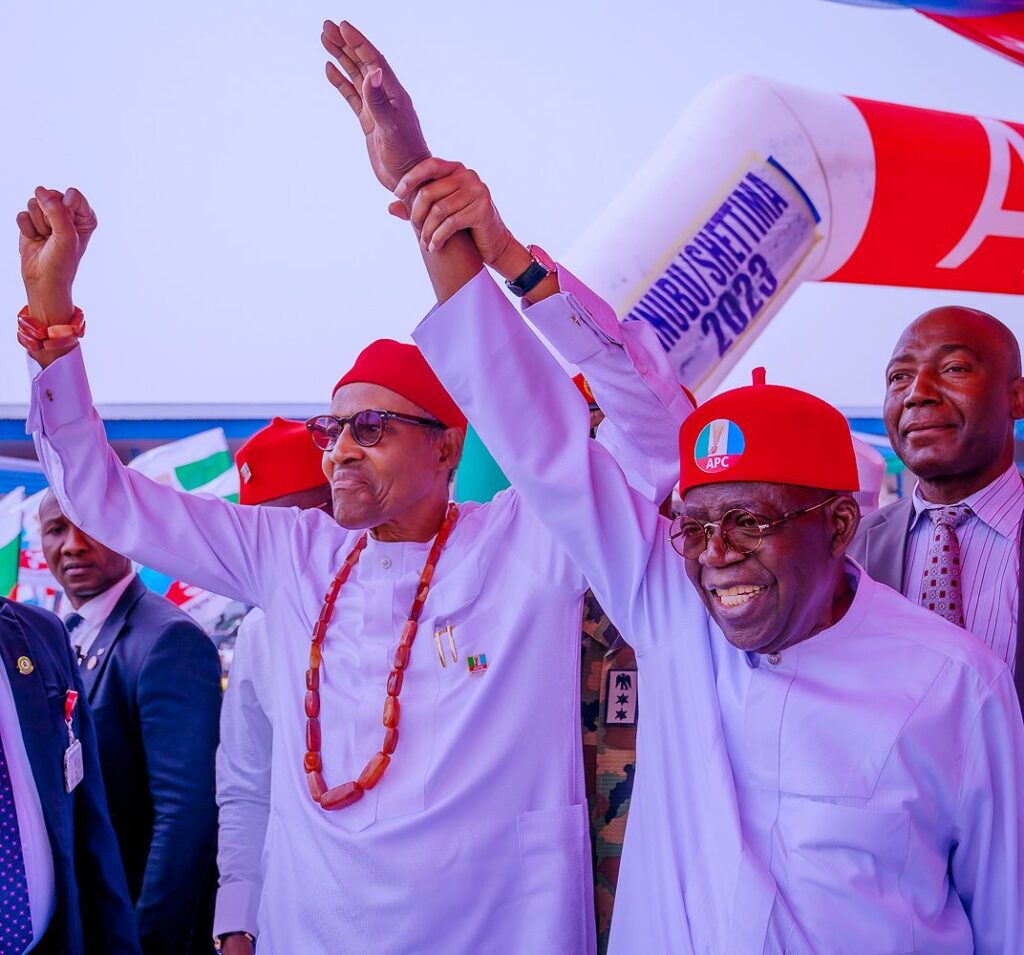…Targets increase of per capita income to $33,328 per annum
…Aims at placing Nigeria amongst world’s top economies by 2050
…President urges incoming administration to implement plan

Barely 26 days to hand over power for the termination of his eight years of two terms in office, President Muhammadu Buhari, on Wednesday, launched the Nigeria Agenda 2050; a plan aimed at increasing real Gross Domestic Product (GDP) growth by seven per cent.
The plan which also targets creating 165 million new jobs, and reducing the number of Nigerians living in poverty to 2.1 million in 2050, from the 83 million estimated in 2020, was launched by Buhari on Wednesday shortly before the commencement of this week’s Federal Executive Council (FEC) meeting at the Council Chambers of the Presidential Villa, Abuja.
The launch is coming after three years of its conception.
The launch trailed an earlier development about seven weeks ago when the FEC approved the policy document on March 15, nearly three months after the National Economic Council (NEC) endorsed the Agenda.
At the occasion of the launch, President Buhari said the goal is to increase per capita income of Nigeria to $33,328 per annum to be placed amongst the world’s top economies by 2050, urging incoming administration to pay regard to it.
“This vision is a product of a dynamic knowledge based economy to provide sustainable development by 2050.
“The goal is to increase per capita income of Nigeria to $33,328 per annum to be placed amongst the world’s top economies by 2050.
“I hope this document will prove useful for subsequent administrations,” he said.
Buhari had earlier inaugurated the National Steering Committee for the preparation of the Medium-Term National Development Plan 2021 – 2025 and Nigeria Agenda 2050 in November 2020.
Its overarching goal is to take Nigeria to an Upper Middle-Income Country and subsequently to the status of a High-Income country by 2050.
Nigeria is home to several long term policies, but the question of implemention have been a subject attracting criticisms from stakeholders, particularly as majority of them do not outlive the administration that conceive and draft them.
NewsDirect
